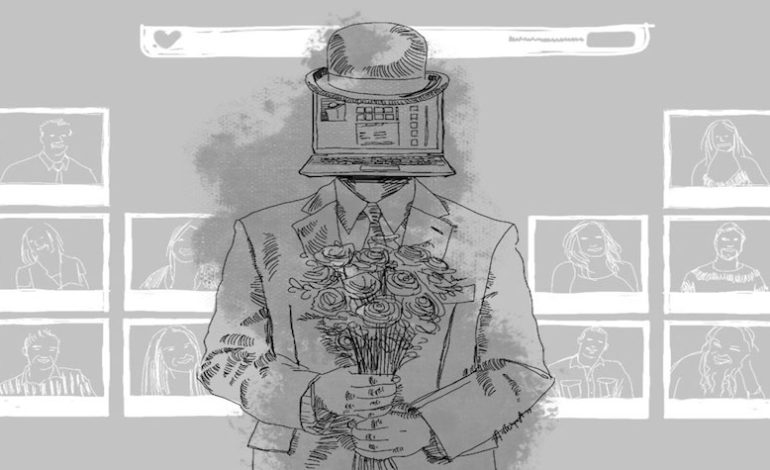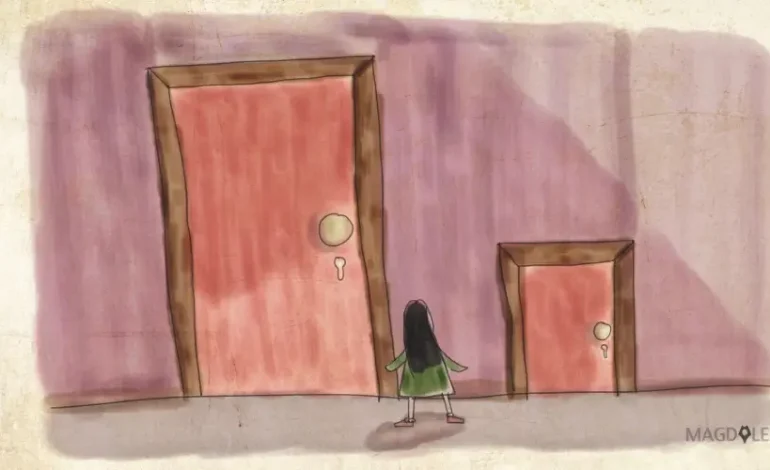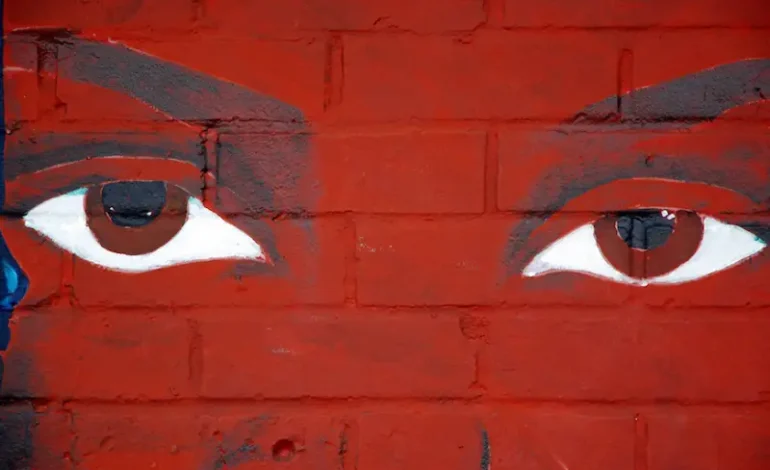A Virgin at 36, But Never an ‘Incel’

The first time I was anxious about being a virgin was when I was seventeen. In Indonesia, it is very normal to be a virgin teenager. American pop culture, however, pushed the concept that a healthy person should lose their virginity before twenty.
Most Indonesians believe that you have to remain a virgin until your wedding night, so in Indonesian culture the loveable loser architype is not the virgin but the jomblo, the unmarried. Jomblo also overwhelmingly refers to men and boys, although so many girls and women are singles.
The Jomblo media franchise of the 2000s exclusively covers single men – single women in the Jomblo universe stand as objects of desire, not fellow jomblo. While Western scientists examine single people of all gender, our media would communicate the news to male readers, ignoring non-male readers. Some women might refer to themselves as jomblo, but in common Indonesian mind, a jomblo is a single man.
I was sure that I would lose my virginity in college, and the pressure came early as I studied with white Australians. The men would say “Going out and got laid” to answer a teacher’s question on how their weekend was. My best friend expressed surprised that I was still a virgin at twenty, and I, ashamed, said that religious Indonesia discourages premarital sex. An Indonesian classmate, meanwhile, regularly hired sex workers.
I had no gut to follow his path, and I expected to have sex for the first time with a girlfriend. When a few years ago a columnist asked if there was a moment when I believed I would lose my virginity, I recalled an occasion when I was drinking with an older Japanese woman. But my Asian flush betrayed me and not long after that she hailed a taxi. Maybe she was never interested at all, apart from having a drinking buddy.
Eventually Australians thought that I was gay, or just another sexless Asian. Returning to Indonesia, I felt relieved. I wasn’t going to be judged anymore for being a virgin. I would eventually find a date from workplace and church groups, and then get married before I was thirty.
That did not happen either. Even work interviewers always asked if I was married, and when I answered no, they’d ask if I was single. I am not sure if they asked that because they assumed people in relationship would eventually get married and demand raise or parental leave.
One by one, my friends got married, and for years I went to weddings alone, hoping there I would find a woman or get to know an acquaintance better. Again, that didn’t happen. When I moved my social circle from Christians to feminists, my worries about being a virgin deepened. Many feminists I know are sexually active, whether they are women or gay men. Many progressive heterosexual men in Indonesia are also married or live together with their partners.
As usual, my harshest judge is myself. I believe in my age I should have become a father, writing to you about being a latte papa instead. I also feel guilty to my parents that I may never be able to give them a wedding and a grandchild.
The anxiety of being a virgin is stronger in our time, as social media and entertainment on-demand make us compare our sexual lives with those of celebrities, media influencers, and even fictional characters. Unfortunately, the far right weaponizes this anxiety to spread misogynist message and evangelize their bigotry.
In Indonesia, this takes the form of the Indonesia Tanpa Pacaran (Indonesia Without Dating) and Nikah Muda (Married Young) movements. The campaigns target Muslim youth, both men and women. While preaching that dating is a sin, both campaigns promise legal sex and expressway to happily-ever-after life. Whatever the situation is after marriage, the far right gets what they want – nuclear families with conservative values who would be loyal followers, voters, and customers.
In the West, the radicalization of white men and boys have turned deadly. A man killed ten people, mostly women, in Toronto last month and earlier this month a boy in a high school in Santa Fe, Texas, who had been harassing his classmate for months finalized the harassment by killing her and other students and staff.
The Toronto van attack raised the profile of the incels, heterosexual men who blame everyone else for their virginity. The term itself, meaning involuntary celibate, was created by a queer Canadian woman (some women I know also jokingly refer to themselves as “incels”), but has been hijacked by white supremacist men in this decade.
On the same day as the Santa Fe shooting, Canadian psychologist Jordan Peterson advocated “enforced monogamy” to stop misogynist attacks – completely ignoring violence in marriage. The week before that, New York Times’ columnist Ross Douthat wrote about “sex redistribution”, practically arguing that sex is comparable to money, water, and food. As many women point out, masturbation can relieve sexual deprivation, while nothing free can relieve hunger and bills.
A woman wrote online that even if a man makes himself the sexiest and charming man ever, any woman still doesn’t owe him sex. I know that the day after I have sex for the first time, I would remain myself, just with a new experience. No more than that.
I think it’s important for other heterosexual men to realize this: having a date or girlfriend means nothing if you don’t love yourself or her. Losing your virginity, even being sexually active, means nothing if you’re not passionate about yourself or her. Being an old virgin sucks, but still much better than being a bigot.
Find out what Mario thinks about traveling in the age of apps, sharing economy and smartphone and follow @MarioRustan on Twitter.






















